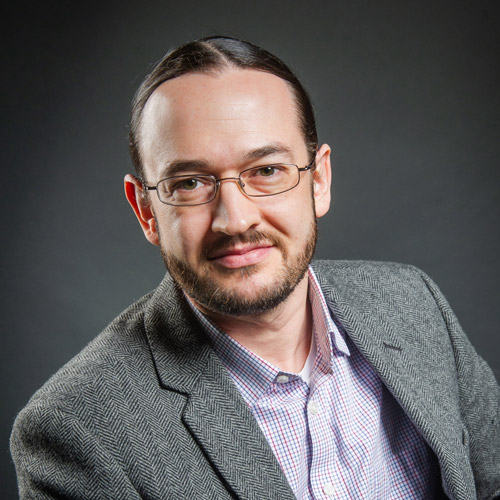How Sausage Is Made, Responsibly
At Formaggio Kitchen, high-end charcuterie meets appreciative audience
Former vegetarian turned charcutière Julie Biggs has always loved animals, but she didn’t love eating them. She does now.
Biggs, who took classes in Metropolitan College’s gastronomy program, works at Formaggio Kitchen making its charcuterie, or classically preserved meats. The gourmet grocery store in Cambridge’s tony Huron Village sells pâtés, sausages, pastrami, bacon, beef tongue, and more to customers with refined palates. Pâtés and sausages are her best sellers, but her bacon, duck confit, and duck pastrami also have many fans.
“One thing that attracted me to this job was the ability to buy from small farms, where you can make sure that the animals are healthy and happy,” says Biggs, a believer in the nose-to-tail food movement, which calls for chefs to use every bit of an animal, from its jowls to its trotters. Her charcuterie has won five times at the famed Good Food Awards, given to producers of responsibly produced foods that are of superior quality. “The last few years,” she says, “between the butchering movement and people wanting to know where their meat is coming from, it’s been really cool.”
Charcuterie, Biggs explains, is similar to baking in that there is a lot of measuring and weighing of ingredients. “It’s all about the salt ratio,” she says. She estimates that she goes through a few hundred pounds of pork butt a week for her pâtés and sausages, and during busier times, 40 pounds of fatback.
At Formaggio, she works in a crowded corner in the back of the store. To make pork sausage, Biggs mixes ground pork shoulder, fatback, fennel seed, garlic, salt, and black pepper, all stuffed into the aptly named sausage stuffer. With a crank of the wheel, the concoction starts to come out the other side, where she uses her free hand to guide it into a casing. She then pokes holes in the casing, and the sausage is destined for the deli case.
“I love that people are into charcuterie now,” Biggs says. “I get called out all the time to answer questions for customers. It’s nice to be recognized and for customers to remember something I made before and ask for a special order of it.”
Amy Laskowski can be reached at amlaskow@bu.edu.

Comments & Discussion
Boston University moderates comments to facilitate an informed, substantive, civil conversation. Abusive, profane, self-promotional, misleading, incoherent or off-topic comments will be rejected. Moderators are staffed during regular business hours (EST) and can only accept comments written in English. Statistics or facts must include a citation or a link to the citation.